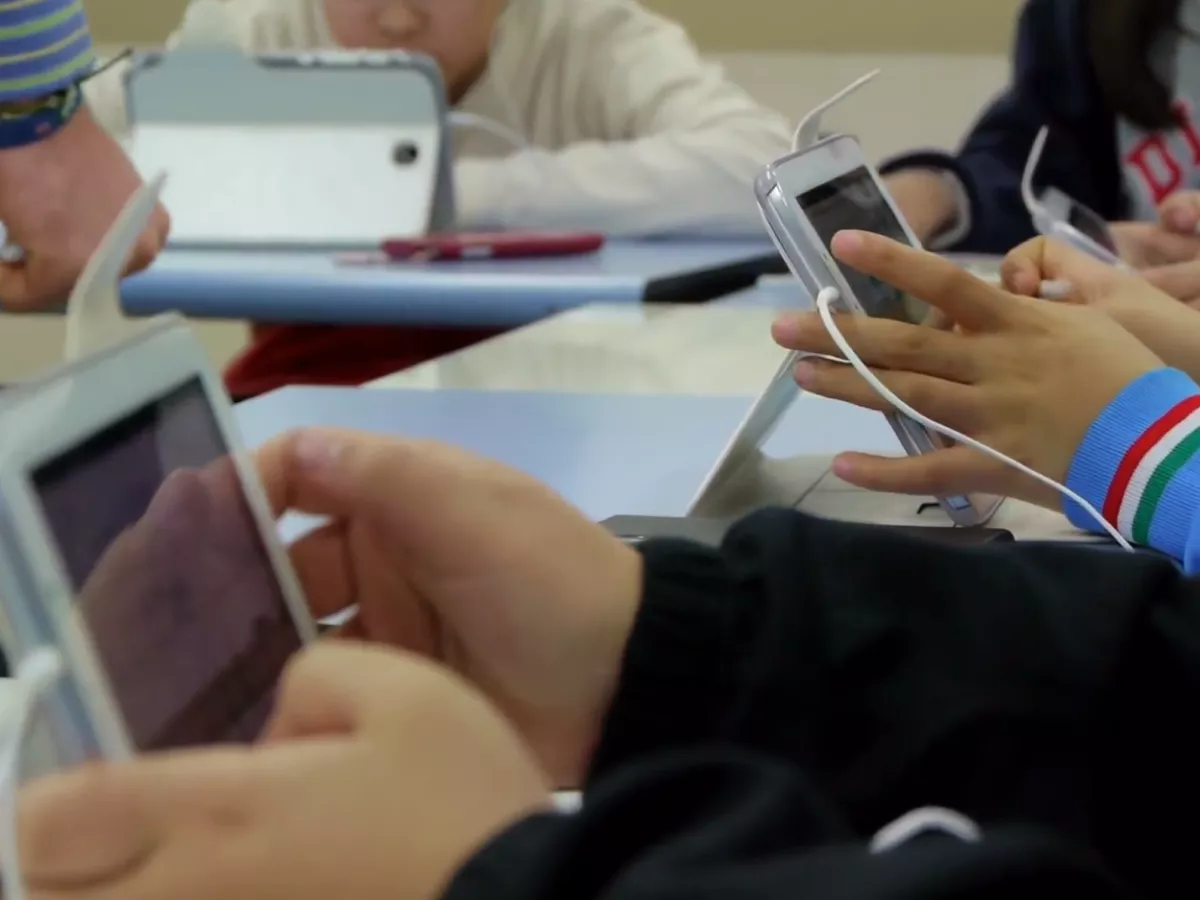I am writing this because we are lost.
We are lost because we can no longer keep up with the amount of change affecting us.
Our world has become unknowable. We create more information than can be made sense of. The pace of transformation grows incessantly, compressing our temporal experience. We perceive time to accelerate while our capacity to react steadily decreases.
This affects us all. In fact, virtually everyone I interview perceive time to be speeding up, and few have found techniques for dealing with this phenomenon.
One frequently cited cause is that of technology: how it consistently creates new possibility, new pathways into the future, new paradigms to comprehend and new ethical quandaries. The rate of technology adoption is unprecedented yet increasing, leaving more people influenced by its grip. We are barreling down a one-way street with nobody at the wheel.
I am writing this because I feel (somewhat) capable of guiding (some of) us through this state of accelerating transformation. I grew up under circumstances affording a unique perspective on what’s going on. Born in Stockholm in 1982, at the cusp of the millennial cohort, into a computer-savvy household, and early internet user. This combination of factors significantly instructed my world view and relationship to technology.
My early interests were entirely digital: computing, coding, design, data organization. Picked up English from playing King’s Quest. First online experience at 8, first e-mail address at 10, online business at 14 (crafting websites in HTML). Digital photographer since 1998, blogger since 2001, native software pirate, online community organizer, tentative game designer and more. I grew up online. Having been born wired, I’ve spent more time connected than most, meaning my perspective might be valuable.
Having grown up on the early web instilled in me a sometimes forgotten set of values. The early internet was about small communities of likeminded, tech-savvy individuals congregating on message boards and email lists discussing minutiae of their favorite hobby with fellow nerds. There was almost no commercial activity, mostly academic and experimental initiatives.
Importantly, publishing on the web was understandable by most users. The technical barriers of learning HTML and hosting a domain were low enough for the average user to comprehend. The web began with a culture of openness, promoting democratic access to the global mind.
These values remain present in many online subcultures today, but have been ignored (or forgotten) by the average internet user. The web in 2019 bears little resemblance to that of 1999, let alone 2009. The vast majority of its use today takes place through behemoth information brokers. Instead of democratizing existing power structures, the internet became an extension of capitalism, especially private equity.
This shift affects practically everyone in modern society. We have come to depend on the internet for relationships, business, public affairs, information gathering and just about everything else imaginable. As technology seeps deeper into our lives, we need to constantly reassess its importance and role.
Unrestricted adoption of persuasive technologies affects practically everyone today. Smartphones and social media significantly affect our capacity to disconnect. Technologies once relegated to dedicated environments under temporary use have poured into our inner lives, from bedroom to bathroom. Like an umbilical chord to the networked mind.
We increasingly navigate the world through media, determining where to turn, who to meet, what to see and hear. Few (if any) interactions take place without technological mediation. This affects us in more ways than most people realize.
We outsource mind, memory and attention to the network. We trust external input over inner signals. Surrogate brains and artificial senses. Individually we experience increased anxiety and isolation, while collectively it strengthens extremist behavior and social discord.
Technology is neither good nor bad; nor is it neutral.
Melvin Kranzberg
Assessing the role of technology needs to happen on both the individual and collective level. Personally most of us stand to benefit from a healthier relationship with the gadgets and services that govern our lives. Meanwhile, our societies are feeling the impact of technological unemployment and automation.
I believe the root cause for each type of imbalance to be the same: our inability to see technology in its true form. Technology can be considered a set of behaviors which augment our capabilities. Technology allows us to see further, hear better, communicate our thoughts and collectively build society. Technology naturalizes, or becomes invisible over time. The more we use it, the less we pay attention to it, and the further it becomes ingrained into normality (and how we expect the world to work).
I am writing this because technology is my second nature. It is my hobby, my medium and my job. Having spent an inordinate amount of time using, developing and making sense of technology gives me courage to make claims about the state of change. Doesn’t mean I’m right, but hopefully my experience can guide some of us towards better decisions.



